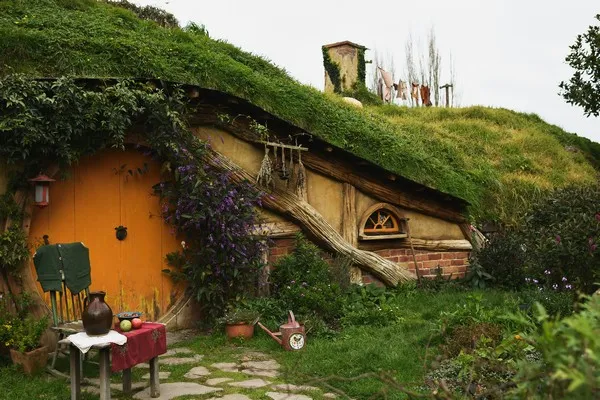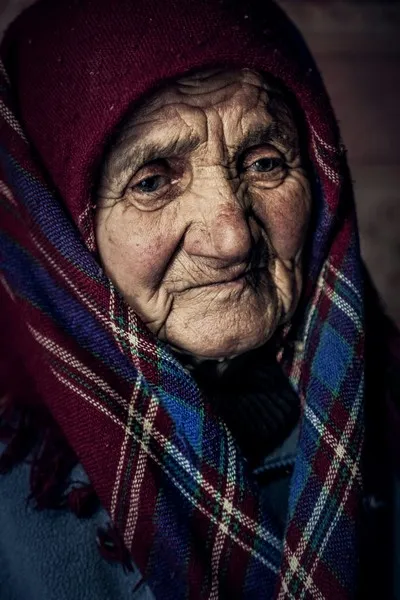Table of Contents
- Women in Tolkien’s Universe: A Contextual Overview
- Galadriel: The Wise and Powerful Matriarch
- Éowyn: The Warrior Breaking Boundaries
- Arwen: The Power of Sacrifice and Devotion
- The Absence of Women: A Structural Analysis
- Women and Myth-Making in Middle Earth
- Conclusion: The Complex Role of Women in Middle Earth
Middle Earth, the legendary world conceived by J.R.R. Tolkien, has captivated audiences for decades through its rich narrative, complex characters, and expansive mythology. While many readers and viewers of Tolkien’s work are familiar with the epic tales of male heroes such as Aragorn, Frodo, and Gandalf, the contributions of female characters often go underappreciated. Women in Middle Earth play a significant, though nuanced, role in the political, social, and mythical fabric of Tolkien’s universe. This article explores the roles of women in Middle Earth through a sociological lens, examining how these characters navigate social structures, exercise agency, and contribute to the overall narrative in a world that appears largely male-centric.
Women in Tolkien’s Universe: A Contextual Overview
To understand the roles of women in Middle Earth, it is crucial to contextualize their representation within the social norms of Tolkien’s time as well as within the fictional world itself. Written primarily during the mid-20th century, Tolkien’s work reflects the patriarchal structures that were prevalent in both literature and society at large. However, despite this male-dominated narrative framework, Tolkien includes women who are deeply influential and symbolic within the scope of his stories.
The female characters in Middle Earth are diverse, representing different facets of power and authority. They range from queens and warriors to wise figures who guide male heroes. Understanding these women requires a careful examination of their roles in relation to both gender expectations and the broader social dynamics of their world.
Galadriel: The Wise and Powerful Matriarch
Galadriel as a Symbol of Knowledge and Authority
Galadriel, one of the most prominent female characters in Middle Earth, serves as a potent symbol of wisdom and mystical power. She is one of the oldest beings in Middle Earth, possessing an immense depth of knowledge and a powerful presence. Galadriel plays a key role as a leader of the Elves and as the Lady of Lothlórien, maintaining an aura of calm authority throughout the series.
From a sociological perspective, Galadriel represents the archetype of the matriarch who wields “soft power” – the ability to influence and guide without the use of direct force. Her authority is legitimized not through physical prowess but through her intellect, spiritual power, and connection to the land she oversees. She is a stabilizing force, and her role is essential to the cohesion of the Elven community. Unlike many other female characters in traditional fantasy literature who are relegated to passive roles, Galadriel actively shapes the events of Middle Earth through her foresight and wisdom.
Galadriel and Gendered Leadership
Galadriel also challenges traditional gender norms by assuming a leadership role typically reserved for male characters. Her influence over Lothlórien, her decision to refuse the One Ring, and her guidance of the Fellowship all illustrate a form of leadership that is not rooted in brute force or martial power but rather in moral strength and visionary guidance. In this way, Galadriel complicates the traditional view of female roles in literature, highlighting how women can hold and exercise power in unconventional, yet highly effective, ways.
Éowyn: The Warrior Breaking Boundaries
Gender and Agency in Éowyn’s Story
Éowyn, the Lady of Rohan, is another significant female character whose role challenges conventional gender expectations. Unlike Galadriel, whose power is largely spiritual and symbolic, Éowyn’s story is one of direct action and physical courage. She yearns for freedom from the constraints imposed on her as a noblewoman and rejects the limitations that her society places on her based on her gender.
From a sociological perspective, Éowyn embodies the struggle for agency within a patriarchal society. Her desire to fight alongside the men of Rohan, despite her uncle’s initial disapproval, speaks to her resistance against traditional gender roles. Éowyn’s iconic confrontation with the Witch-king of Angmar – in which she declares, “I am no man!” – serves as a powerful moment of gender subversion, directly challenging the prophecy that “no man” could defeat the Witch-king. In this scene, Éowyn disrupts the gendered expectations of heroism and asserts her capability as a warrior.
The Importance of Éowyn’s Struggle
Éowyn’s character arc is particularly important from a sociological perspective because it illustrates both the possibilities and the limitations of challenging gender norms within a given social structure. While she ultimately finds fulfillment in her romantic relationship with Faramir, her journey is not solely defined by her love interests. Instead, it is characterized by her quest for independence, recognition, and a desire to transcend the passive role that her society expects her to play. Éowyn’s journey reflects the complexities faced by women who seek to balance personal ambition with societal expectations.
Arwen: The Power of Sacrifice and Devotion
Arwen’s Quiet Strength
Arwen, another prominent female character, plays a different yet equally important role within the narrative of Middle Earth. While her presence in Tolkien’s written work is somewhat understated compared to her depiction in the film adaptations, Arwen’s influence is still notable. She represents the strength found in sacrifice and devotion, ultimately choosing to give up her immortality to be with Aragorn.
From a sociological viewpoint, Arwen’s role highlights the concept of “relational power,” where influence is exerted through interpersonal relationships rather than direct authority. Arwen’s choice to forsake her immortality is a profound act that underscores the value of human connection and the sacrifices that often accompany love. Though she does not engage in battle or directly influence political events, Arwen’s actions are pivotal to the larger narrative, symbolizing hope and the enduring power of love in the face of adversity.
The Representation of Women in Relationships
Arwen’s story also provides insight into the representation of women in relationships within Tolkien’s world. Her choice to be with Aragorn is portrayed as a significant personal sacrifice, emphasizing her autonomy and depth of character. While some may argue that Arwen’s primary role is defined by her relationship with Aragorn, it is important to recognize the agency she exercises in making her own decision. Her actions challenge the notion that women’s roles are secondary or dependent solely on their male counterparts.
The Absence of Women: A Structural Analysis
Gender Imbalance in Tolkien’s Narrative
Get the full article AD FREE. Join now for full access to all premium articles.
View Plans & Subscribe Already a member? Log in.





